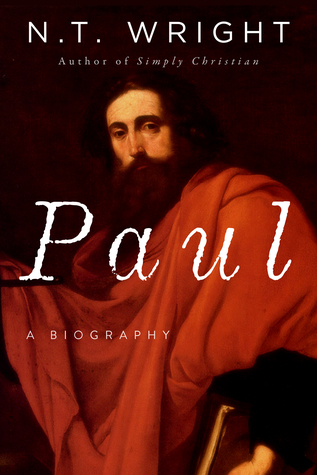We glimpse, then, Saul at the workbench; Saul praying and thinking; and, third, Saul listening to the ideas all around him, in the philosophical and political as well as religious cultures of cosmopolitan Tarsus. He would be taking it all in, not simply as further evidence of pagan folly (though there would be plenty of that), but as signs that the One God, the creator of all, was at work in the world and in human lives, even if those lives and that wider world were twisted and flawed through the worship of other gods.
Welcome back. Just a moment while we sign you in to your Goodreads account.


